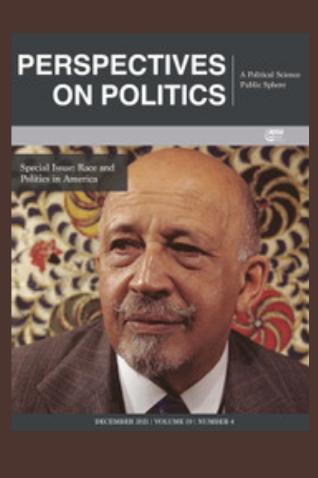Thank you for your message. The IPPA team will get back to you shortly. You first need to login here.

Bringing the Environment Back In: Overcoming the Tragedy of the Diffusion of the Commons Metaphor (2022)
(Publisher : Published by Cambridge University Press on behalf of the American Political Science Association)
Author(s) : Benjamin Cashore and Steven Bernstein




